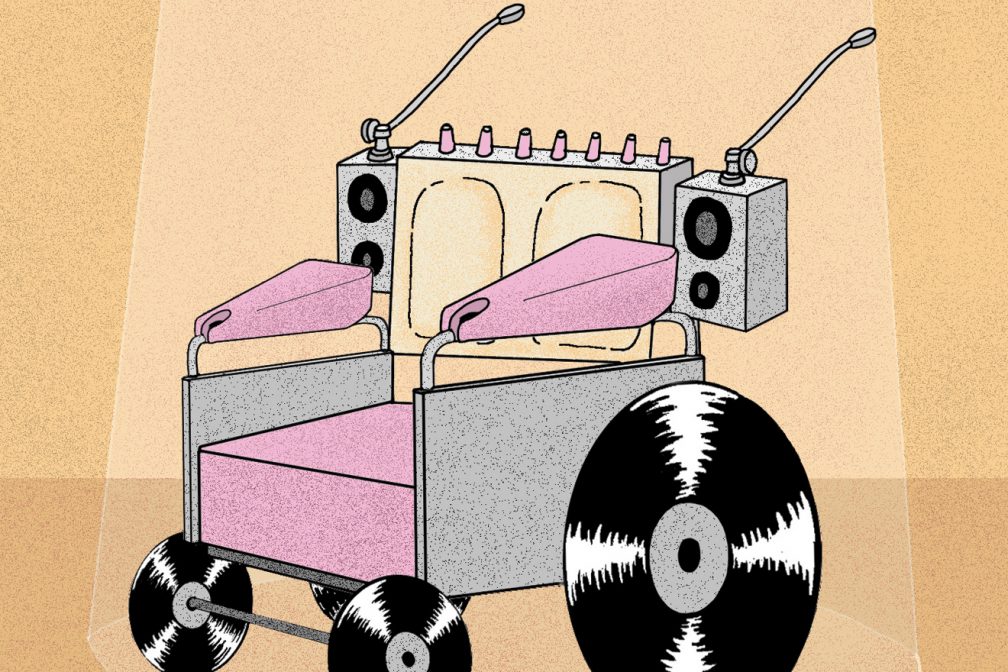 Comment
Comment
Nightclubs need to be way more accessible for disabled clubbers
"Disability and clubbing still causes trouble in paradise"
This summer, I made a clubbing pilgrimage to the White Isle, Amnesia my final port of call. Ticket in hand, I joined the throng – only to find the door shut in my face unless I paid double. My crime? I use a wheelchair and need a carer to help me on nights out.
At some clubs, the fact that I need a qualified carer with me to help me transfer to the toilet, navigate stairs and – perhaps most importantly – reach the bar to order drinks – is a burden I must, literally, pay the price for. Disability and clubbing, it seems, still causes trouble in paradise.
Amnesia have since apologised, saying that, where possible, “full details” of carers should be given in advance. For spontaneous visits, Amnesia requires “some type of ID proving the position of the carer”. Given that such ID is not standard practice, it remains unclear what exactly would be accepted.
In the words of Tom Head, a disabled clubber who also performs as DJ Void, “I don’t think clubs think about disabled customers or accessibility. It’s as though anyone with a disability isn’t expected.” Little surprise, then, that he sees “few obviously disabled people in clubs”.
Often, this is because the barriers emerge long before disabled clubbers even arrive. Research by Attitude is Everything (AIE), a UK charity dedicated to improving access to live music for deaf and disabled people, found that of 228 disabled gig-goers, 95 per cent hit problems at the ticketing stage, to the point where 83 per cent decided to stay home. A senseless situation given that disabled people have a combined purchasing power of £80bn in the UK alone. But even for clubbers like Head, who persevere, a lack of info online is the next hurdle. “Is a club accessible? Is there a disabled toilet and parking? These are vital questions that need answers,” he says.
A failure to enforce legislation has allowed clubs to make accessibility a choice rather than a necessity. Decades on from European disability discrimination legislation, discussions over an EU-wide charter standardising access measures have begun, but progress is slow, so venues cherry-pick accessibility measures. Some, such as Ministry of Sound, have access on the ground floor, but no disabled toilet. The toilets, when they do exist, are often located up steps, or, as Head notes, “used as store cupboards”. For this reason, US clubber Rachel Stewart, who uses a wheelchair, says she had to develop a “bladder of steel”. In this climate, goals of sensory rest spaces and staff disability training can feel unrealistic.


